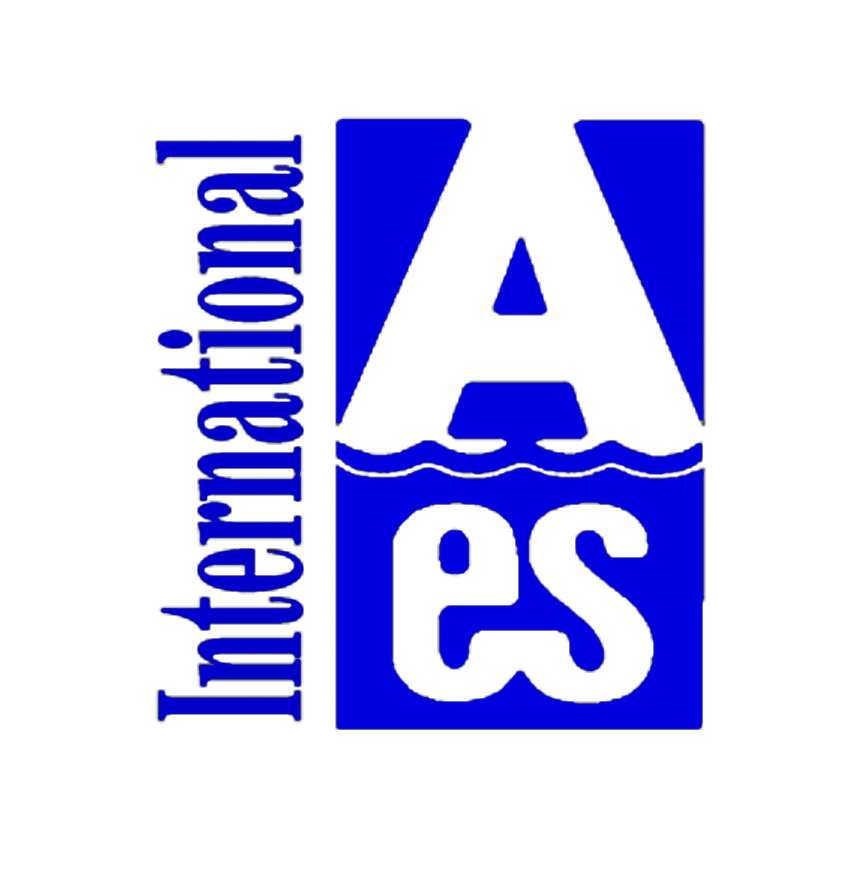June

Dr. Sibabrata Das
International Monetary Fund
For our June 2018 member of the month, the International Atlantic Economic Society welcomes Dr. Sibabrata Das. Dr. Das received a Ph.D. in Economics from the University of Sussex, and an M.A. from Johns Hopkins University. In India, Dr. Das taught graduate courses in statistics, econometrics, microeconomics and development economics at North Bengal University and Vidyasagar University as an Assistant Professor, and in Burdwan University as an Associate Professor. As a research economist for the Ghana macroeconomics team at the World Bank, he worked on macroeconomic modeling, and projections for various policy papers and country operations projects. As a member of the country teams, Dr. Das also actively participated in joint World Bank-International Monetary Fund country missions in Ghana, Angola, and Grenada. Dr. Das contributed to several of the World Bank-IMF publications over the years. Currently, as a staff member of the IMF in Washington, D.C., Dr. Das works on various cross-country projects on growth, economic development, and important global policy issues.
Why did you become a member of the International Atlantic Economic Society?
Having worked at the World Bank, and being a staff member of the IMF, I very much like the objectives and setup of the IAES. The conferences bring very well-known economists and academic professionals as keynote speakers and panelists. They give exposure to a diverse group of participants from all over the world. In addition, the conferences over the years help in professional development. Being a member, we have access to a broad network of academics and professionals.
What types of projects/research are you currently working on and what inspired/motivated you to pursue these interests?
Currently, I am working on various cross-country projects on growth, economic development, and important global policy issues. Specifically, economics of growth and development, compact with Africa, macroeconomic developments and prospects in low-income developing countries, building resilience for natural disaster, recent trends in official development assistance to developing countries, role of human capital and macroeconomic factors in total factor productivity in developing countries, urban bias in development expenditure and its impact on rural-to-urban migration and economic development in developing countries.
What advice would you give to someone who is considering entering your line of work/field of study?
Various aspects of economic growth and development attract researchers, academics, and policy makers all over the world due to wide ranging policy implications. My humble suggestions would be to look at various socio-economic dimensions and their inter-connectedness in the economic development process to have a broad picture of development.
Going forward, what other projects/research are you looking to or hoping to pursue?
Role of socio-economic and political institutions, history, language, and beliefs/faith on long-run economic development
What’s your favorite hobby?
Other than traveling, reading books on comparative literature and comparative philosophy

